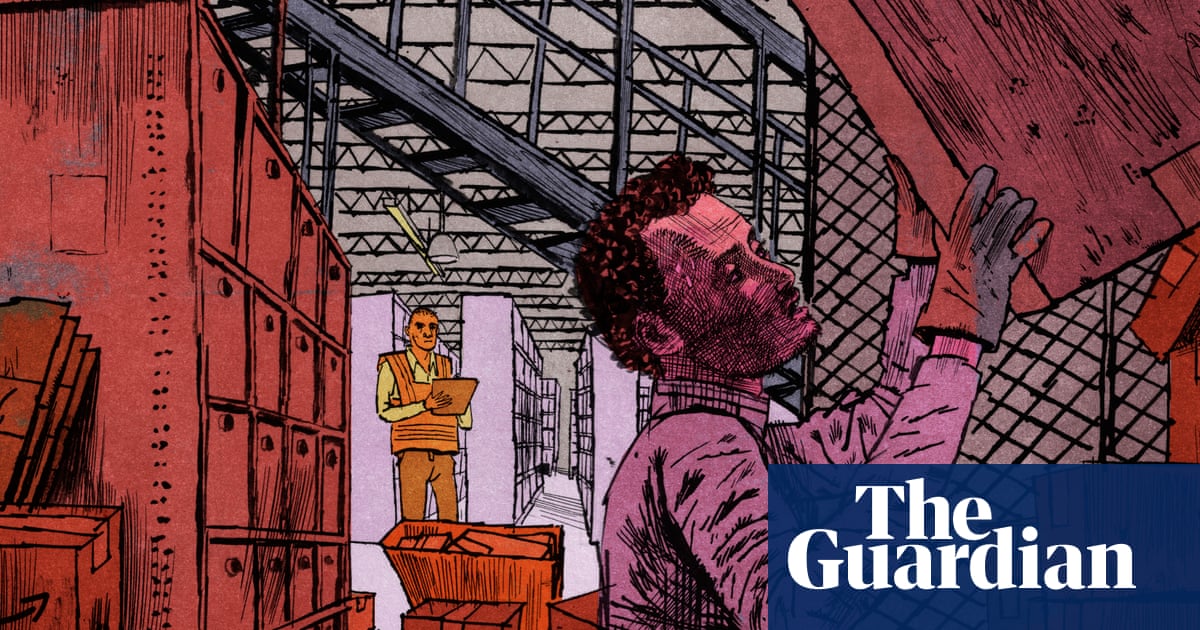
The European Union gave generous farming subsidies to the companies of more than a dozen billionaires between 2018 and 2021, the Guardian can reveal, including companies owned by the former Czech prime minister Andrej Babiš and the British businessman Sir James Dyson.
Billionaires were “ultimate beneficiaries” linked to €3.3bn (£2.76bn) of EU farming handouts over the four-year period even as thousands of small farms were closed down, according to the analysis of official but opaque data from EU member states.
The 17 “ultimate beneficiaries” who featured on the 2022 Forbes rich list include Babiš, the former Czech prime minister who was acquitted in February of fraud involving farming subsidies; Dyson, the British vacuum cleaner tycoon who argued that Britain should leave the EU and whose company received payments before Brexit; and Guangchang Guo, a Chinese investor who owns Wolverhampton Wanderers football club.
Other billionaire beneficiaries of EU taxpayer funds include Clemens Tönnies, the German meat magnate who admitted he “was wrong” about Vladimir Putin in 2022; Anders Holch Povlsen, the Danish rewilding enthusiast and UK private landowner; and Kjeld Kirk Kristiansen, the Danish toymaker and former CEO of Lego.
“It’s madness,” said Benoît Biteau, a French organic farmer and MEP for the Greens in the last European parliament. “The vast majority of farmers are struggling to make a living.”
The EU gives one-third of its entire budget to farmers through its common agricultural policy (Cap), which hands out money based on the area of land a farmer owns rather than whether they need the support.
But strict privacy rules, weak transparency requirements and complex chains of company ownership mean little scrutiny has been possible of who gets the money. In a study commissioned by the European parliament’s budgetary control committee in 2021, researchers from the Centre for European Policy Studies (Ceps) found that it is “currently de facto impossible” to identify the largest ultimate beneficiaries of EU funding with full confidence.
To make a best estimate, the researchers linked data on farm subsidy recipients from each member state with a commercial database of companies. Working backwards from the recipients, they identified people who owned at least 25% of a company at each step of the ownership chain to work out the “ultimate beneficiaries”.
In some cases, the researchers were unable to trace the money because it went to regional bodies who redistributed the cash.
The analysis looked at the final natural person at the end of a chain of companies, said Damir Gojsic, a financial markets researcher who co-wrote the Ceps report and updated the analysis for the Guardian. “Ideally, you would focus on millionaires, but there isn’t a list of millionaires out there.”
Gojsic found 17 billionaires had received EU farming handouts through companies they owned wholly or in part over the four-year period. The total sum of money linked to the billionaires was €3.3bn but the chain of companies was too complex and imprecise to weight the amounts by their ownership stake, he said.
Scientists have criticised “perverse incentives” in the Cap that push farmers to destroy nature. They estimate that 50%-80% of EU farming subsidies go toward animal agriculture rather than foods that would be better for the health of people and the planet.
“We need a rapid food transition for a healthier future and subsidies are the biggest economic lever for change,” said Paul Behrens, a global change researcher at Leiden University, who was not involved in the study.
He said: “The inequality in the Cap is extreme and this work highlights again just how much the richest land-owners continue to get richer from subsidies. Although transparency in the Cap has improved over time, the amount of detective work needed to uncover how the public’s tax money is spent is astonishing.”
Most of the 17 billionaires did not respond to requests for comment. A handful declined to comment.
Dyson wrote a letter to the Guardian last year arguing he has “never supported the basis of the Cap”. A spokesperson for Dyson Farming said the family had invested £140m into sustainably improving its farms and farmland, in addition to the cost of land, which “dwarfs any subsidy payments” received by Dyson Farming Ltd. They said: “Its companies have also contributed many hundreds of millions of pounds in EU taxes and tariffs.
“The farms now employ more than 250 people and use agri-technology and innovation to support UK food security. In 2023 alone, Dyson Farming sustainably produced 40,000 tonnes of wheat, 12,000 tonnes of potatoes and 750 tonnes of out-of-season British strawberries, which avoid the air miles and carbon impact of fruit imported from overseas.”
Thomas Dosch, the head of public affairs at Tönnies, said the company supported a “reorientation” of European agricultural policy so that farmers who worked in environmentally friendly ways were compensated for the associated loss of income. “No subsidies should be paid for quantity of products or as area premiums per hectare,” he said.
Another option would be to sanction environmentally harmful behaviour by imposing high costs, he added. “However, if this were to lead to much higher food prices and perhaps even to food shortages, I believe this would be politically unacceptable.”












